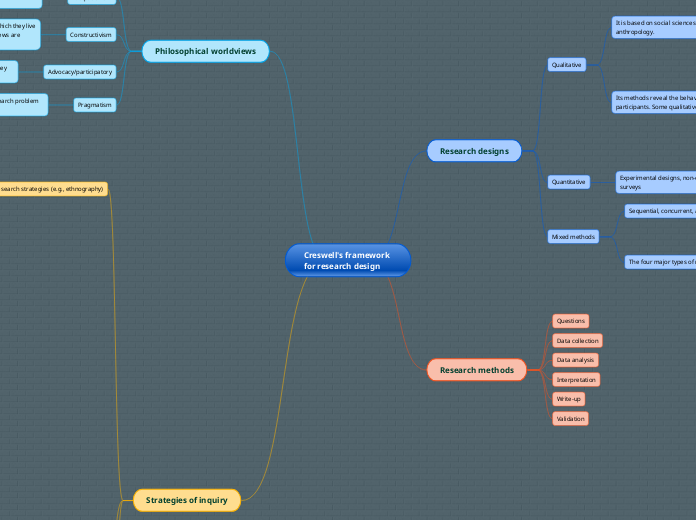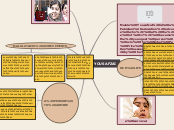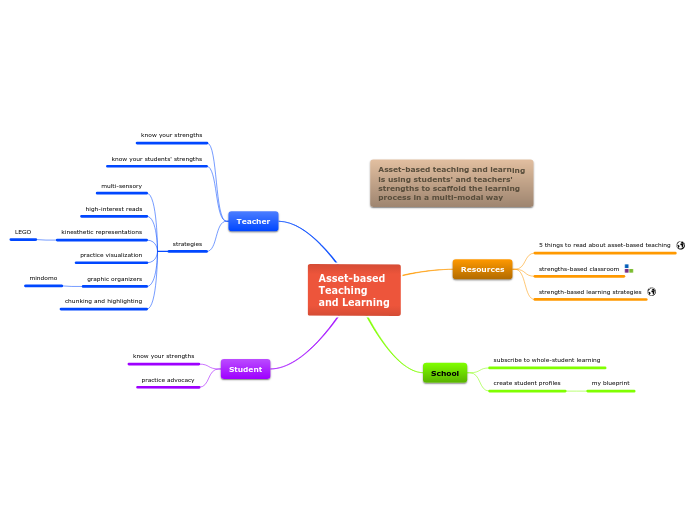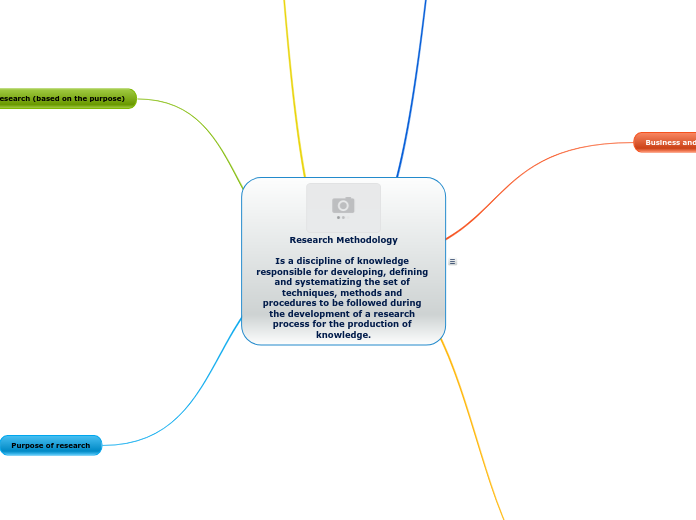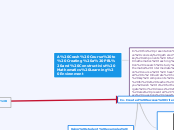Creswell's framework for research design
Strategies of inquiry
Mixed methods strategies (e.g., sequential)
Transformative mixed methods
The researcher uses a theoretical lens as an overarching perspective within a design that contains both quantitative and qualitative data.
Concurrent mixed methods
The researcher converges/merges quantitative and qualitative data in order to provide a comprehensive analysis of the research problem.
Sequential mixed methods
The researcher seeks to elaborate/expand on the findings of one method with another method.
Quantitative research strategies (e.g., experiments)
Secondary quantitative research methods
Commercial information sources
Educational institutions
Public libraries
Government and non-government sources
Data available on the internet
Primary quantitative research methods
Data analysis techniques
Cross-tabulation (preliminary statistical market analysis method which establishes relationships, patterns, and trends within the various parameters of the research study)
Conjoint analysis (market analysis method)
Strengths, Weakness, Opportunities, and Threat (SWOT) analysis (a type of statistical analysis technique used by organizations)
Data collection methodologies
Using surveys and polls
Sampling methods
Non-probability sampling
Judgmental sampling
Snowball sampling
Quota sampling
Consecutive sampling
Convenience sampling
Probability sampling
Systematic sampling
Cluster sampling
Stratified random sampling
Simple random sampling
Techniques and types of studies
Experimental research
Causal-comparative research
Correlational research
Survey research
Longitudinal surveys
Cross-sectional surveys
Qualitative research strategies (e.g., ethnography)
Narrative research
Phenomenological research
Grounded theory
Philosophical worldviews
Pragmatism
It aims at analyzing and understanding the research problem through multiple methods.
Advocacy/participatory
This research worldview deals with policies and the way they affect participants.
Constructivism
Researchers seek understanding of the world in which they live and work. It is subjective and thus, participants' views are studied.
Postpositivism
It is a deterministic and reductionistic philosophy that looks at the causes of an objective "real-world" outcome.
Research methods
Validation
Write-up
Interpretation
Data analysis
Data collection
Questions
Research designs
Mixed methods
The four major types of mixed methods designs are:
The Exploratory Design
The Explanatory Design
The Embedded Design
The Triangulation Design
Sequential, concurrent, and transformative
Quantitative
Experimental designs, non-experimental designs, such as surveys
Qualitative
Its methods reveal the behavior and perspective of study participants. Some qualitative research methods are:
Observation
Record keeping
Case study research
Ethnographic research
Focus groups
One-on-one interview
It is based on social sciences like psychology, sociology, and anthropology.
